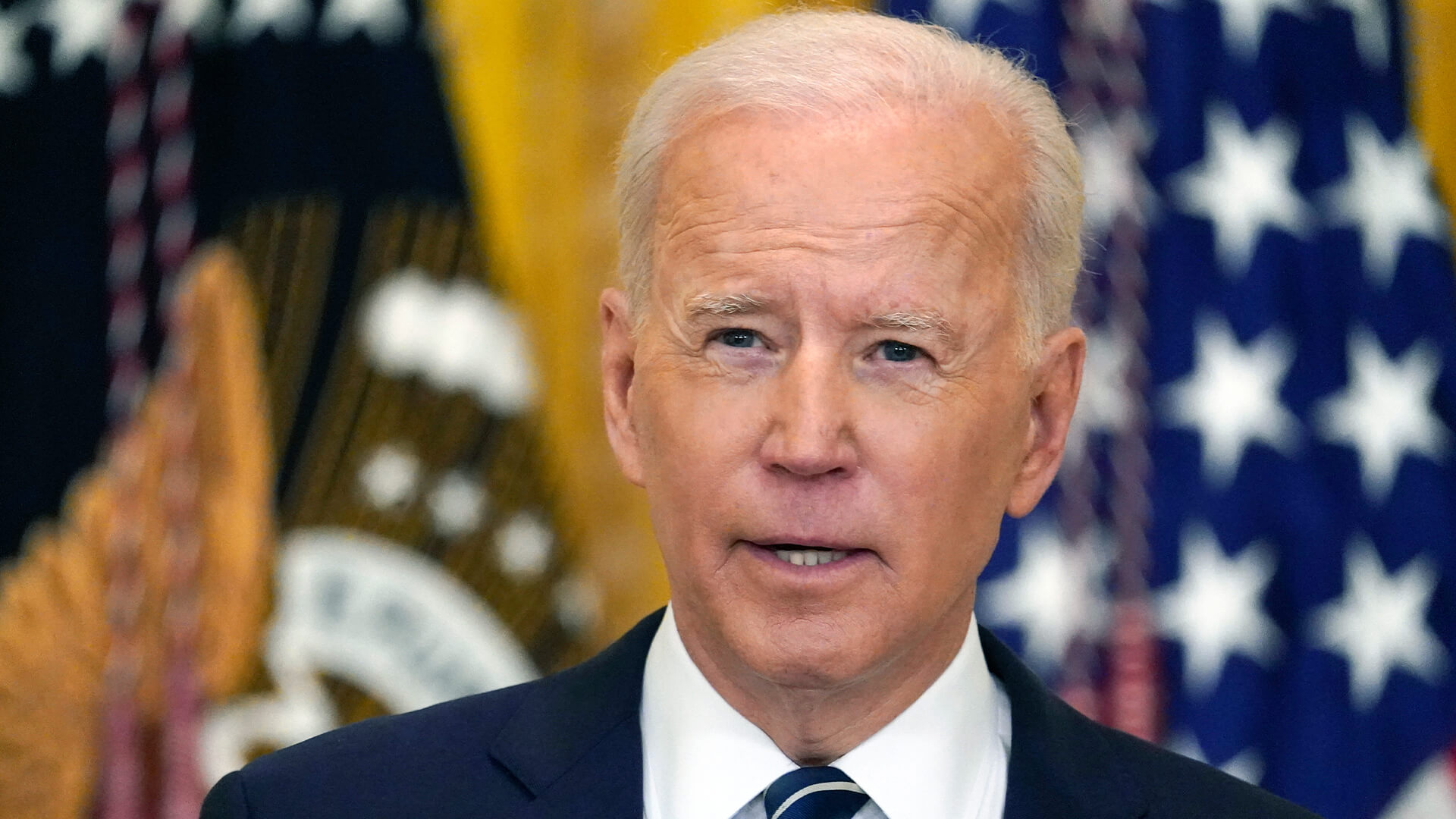
The Biden Administration Economic Plan to Focus on Infrastructure First
President Joe Biden will lay out the first part of his multitrillion-dollar economic recovery package this week, focusing on rebuilding roads, bridges and other infrastructure, followed by a separate plan later in April addressing child and health care.
White House press secretary Jen Psaki confirmed that the administration’s plans to split the package into two legislative proposals, part of an effort to get support from congressional Republicans. But she adds that “we’ll work with the Senate and House to see how it should move forward.”
Joe Biden will release details in a speech Wednesday in Pittsburgh about his proposal for federal investments in physical infrastructure, an issue that has drawn Republican support despite wariness over a pricey package so soon after passage of the $1.9 trillion COVID-19 relief plan.
Democrats, meanwhile, have been aiming for a broader package that could include policy changes on green energy, immigration and other issues — as well as make permanent some of the just-passed COVID-19 assistance such as child tax credits. Many are ready to bypass Republicans, if they have to.
Psaki said ‘the White House had yet to settle on its legislative strategy, but I will say that I don’t think Republicans in this country think we should be 13th in the world as it relates to infrastructure.”
“Roads, railways, rebuilding them, that’s not a partisan issue,” she said.
A separate proposal later in April then “will address a lot of issues that American people are struggling with — child care, the cost of health care,” Psaki said.
Plans are still in flux, with the White House recently discussing a combined $3 trillion in spending to boost the economy and improve quality of life, according to a person familiar with the options who insisted on anonymity to discuss private conversations.
“The total package we’re still working out, but he’s going to introduce some ways to pay for that, and he’s eager to hear ideas from both parties as well,” Psaki said.
The Biden administration will also release this week its proposed discretionary budget for fiscal 2022, providing insight into the president’s top priorities and laying down a marker for Congress. The budget proposal will include funding levels by agencies and guidance on investments.
The proposed budget will be the first in a decade not to be limited by caps on discretionary spending, making it easier for Biden to propose spending increases for long-time Democratic priorities such as education and housing.
On infrastructure, Republicans support a narrow bill focused on roads and bridges and balk at the size and scope of Biden’s overall plan as well as his focus on the environment. During the presidential campaign, Biden pledged $2 trillion in “accelerated” investments to shift to cleaner energy, build half a million charging stations for electric vehicles, support public transit and repair roads and bridges.
At his news conference last week, Biden called it “frustrating” that the U.S. had let much of its infrastructure deteriorate and said his upcoming plan will create significant jobs, which he said “used to be a great Republican goal and initiative.” But signalling the roadblocks ahead, Senate Republican leader Mitch McConnell last week warned that the White House plan would only lead to tax hikes and “left-wing policies.”
Democrats used a fast-track budget process known as reconciliation to approve Biden’s COVID-19 relief plan without Republican support.
But work on passing broad infrastructure legislation in a Senate split 50-50 with Vice President Kamala Harris providing a tiebreaking vote could prove more difficult. Moderate Sen. Joe Manchin, D-W.Va., recently said he will block infrastructure legislation if Republicans aren’t included.

